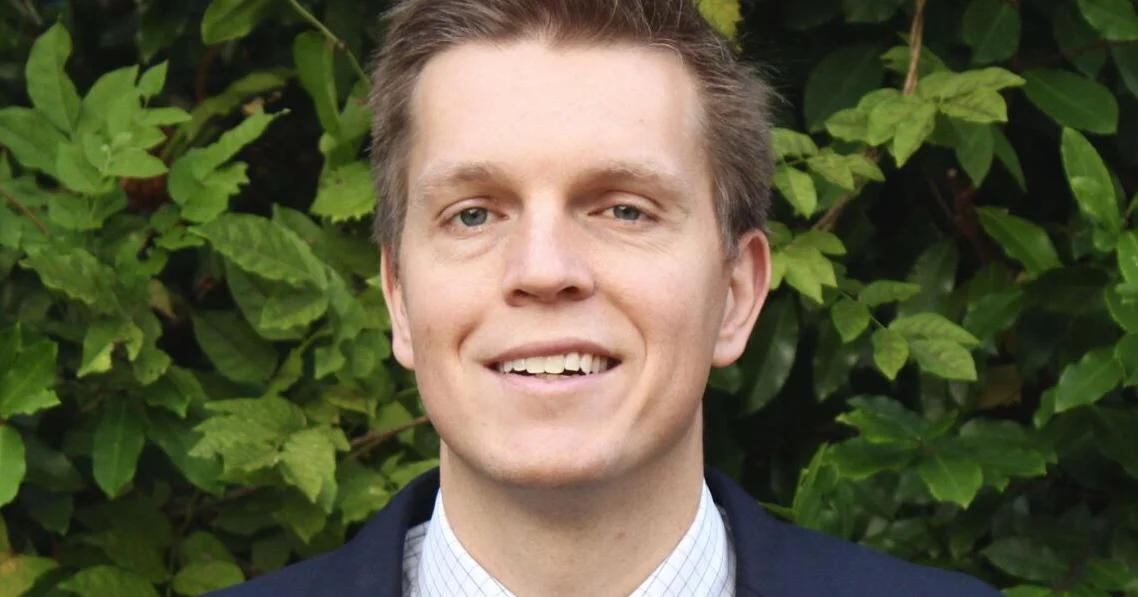
In 1910, Teddy Roosevelt delivered his “Man in the Arena” speech, praising those who show up, persist, innovate and advocate for selfless causes. “The credit belongs to the man who is actually in the arena, whose face is marred by dust and sweat and blood, who strives valiantly,” he said, and “spends himself in a worthy cause.” Three years later, in 1913, the façade that now fronts MUSC’s Hollings Cancer Center was constructed as part of the original building.
When the current Hollings Center opened in 1993, MUSC preserved that façade — showing its dual commitment to health and preservation.
Much has changed in 30 years. Charleston’s population has doubled to almost 160,000. Cancer now causes 18 percent of South Carolina deaths, just behind heart disease at 20 percent. For Charleston alone, that means more than 60,000 residents will confront illnesses treated in the Ashley River Tower or the planned MUSC Cancer Center. Countless others will support loved ones through appointments in MUSC’s future Innovation District.
Medical innovation isn’t optional — it’s essential. Without it, Charleston risks falling behind. The city’s proposed Medical District Overlay offers the comprehensive planning required to ensure the region’s care remains world-class. Covering 62 acres, the overlay anticipates interconnected needs and enables coordinated development of the Innovation District and new cancer center. Like surgeons agreeing ahead of time on a complex treatment plan, the overlay ensures efficiency and integration before work begins — avoiding later piecemeal, disjointed processes.
MUSC deserves credit for staying downtown “in the arena” to provide care rather than leaving the peninsula, as other hospitals have.
Mayor William Cogswell deserves credit for stepping to the podium — in the arena of the Planning Commission — articulating a needed vision while fielding questions with forethought and pragmatism, reminiscent of visionary peninsula-defining projects of Mayor Joe Riley.
The commission unanimously recommended that City Council adopt the plan. Council should do so on the merits of the plan and the city’s pressing needs.
The overlay affords comprehensive planning to modernize Charleston’s medical district with updated facilities, treatments and technology. It supports workforce recruitment and retention through affordable housing and day care. Patients and families will benefit from nearby hotel rooms, reduced travel and consolidated care and support services.
Legitimate concerns remain, and City Council should refine the plan during the standard approval process to better define ongoing neighborhood engagement and adjacency plans, future transparency on building design and preservation, and a net-neutral tree goal. Last week, responding to community feedback, city staff already proactively incorporated updated draft language into the proposal to clarify and reaffirm that standard city building review processes will apply and a targeted commitment to flood mitigation in the district.
Growth and preservation/sustainability need not be adversaries. With clear commitments, they can reinforce one another.
The plan also unlocks solutions and collaboration opportunities. Flooding is among Charleston’s greatest threats; MUSC’s state affiliation could unlock stormwater funding otherwise inaccessible to the city. Using a third-party credentialed stormwater engineer would streamline reviews and relieve one of the city’s most backlogged divisions. Preservation groups could proactively share medical building designs that honor Charleston’s character, with MUSC making an effort to incorporate such inspirations upfront and avoid costly redesigns and lost time.
Keeping MUSC’s campus downtown preserves access, prevents sprawl and keeps care central. Patients won’t be forced to commute outward, and thousands of existing jobs will remain in place. Unlike costly incentives offered to lure out-of-state companies, MUSC’s plan asks only for planning clarity to sustain MUSC’s role as one of Charleston’s largest employers and most essential institutions.
Complaints that the process is rushed are misplaced. What’s at stake is urgent and existential, prioritized appropriately and comprehensively by city and mayoral leadership.
Just as we instinctively pull aside and clear the path for an ambulance’s safe passage, knowing the collective good requires it and trusting one day we may need the same mercy, City Council should similarly act now with resolve and approve this plan — for the health and future of Charleston.
Justin Ferira is chief investment officer of the investment firm Blueprint Local. Joe Waring is CEO of Advocacy Solutions, which serves veterans and the disabled. Anita Zucker and Jonathan Zucker chair and lead The InterTech Group and are leading advocates for cancer research, education and economic development. All four are Charleston residents.



